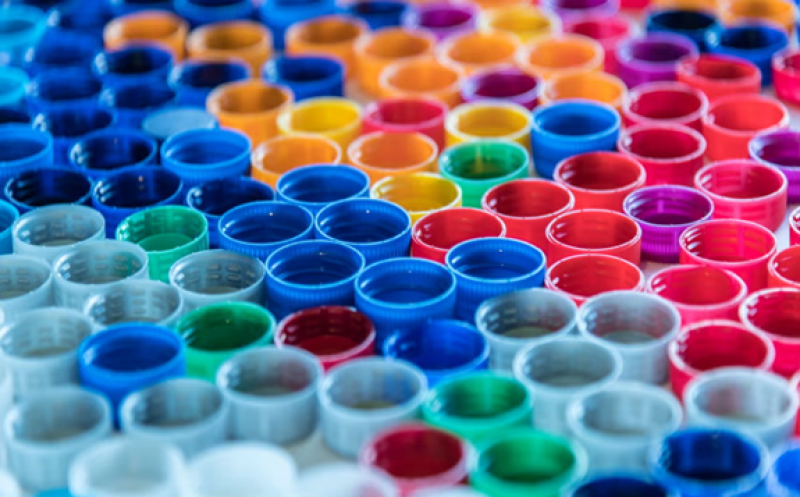There is a growing demand for recycled plastics globally, particularly for use in food and beverage packaging, while the supply of high-quality food-grade recycled polymer material remains limited. Demand is driven by the recycling targets set by brand owners and regulators.

To assist the industry in effectively securing the supply of recycled resins suitable for food and beverage packaging, global commodity intelligence company ICIS has announced the release of the Recycling Supply Tracker – Chemical, which provides the producers of fast-moving producer goods (FMCGs) and chemicals, large converters and retailers with the most comprehensive view of the emerging chemical recycling market.
Chemical recycling could bridge the gap in supply of the recycled plastics.
Brands, retailers and consumers are increasing demand and adoption of recycled polymers across many markets. However, the mechanically recycled polymer market is currently constrained, with global capacity sitting at less than 10% of the entire global capacity for major polymers, according to ICIS.
Chemical recycling is an area of growing interest and investment in the world of sustainability as it could bridge the gap in supply and is possibly the only way to reach scale for food-grade packaging recycling.
The tracker provides insight into chemical recycling projects globally, with a comprehensive view of project status and capacities
As of 2021, the global installed capacity for chemical recycling is under 2.5 million tonnes, including both commercial and pre-commercial facilities, with the Asia-Pacific and North America as the leading regions, ICIS said.
Chemical recycling processes can also be used to revert plastic waste back to an earlier molecular state. The ICIS Recycling Supply Tracker – Chemical has identified that, in terms of capacity, only around 20% of the global recyclers currently produce polymers as an output of their chemical recycling facilities.
The ICIS Recycling Supply Tracker – Chemical is updated with new projects and project developments as they happen. Less than 30% of projects are currently operating at commercial scale, but over half of the plants identified are expected to start up in the next 3 years.
Tracker is fostering investments that improve circularity and prevent waste.
Louise Boddy, Head of Commercial Strategy and Sustainability at ICIS, said plastic waste is one of the biggest issues facing society and that the investment now going into the development of new technologies to deal with plastic waste could be a game changer in the prevention of environmental leakage of used plastic.
“Efforts to bring more complex technology and greater scale to this industry are accelerating fast and ICIS is detailing these developments with its new supply tracker, helping to foster partnerships and investments that improve circularity and prevent waste,” ICIS underscored.